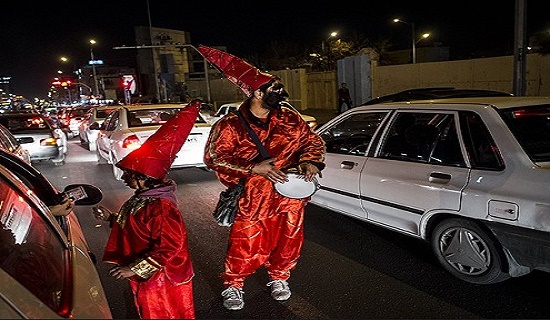December 21, 2018
Hundreds of asylum-seekers—mostly Iranians now detained in

Australian-run detention camps on two remote Pacific islands are likely to remain there forever as no other country is willing to resettle them, Australian Home Minister Peter Dutton says.
Australia’s harsh immigration policy requires asylum seekers intercepted at sea trying to reach Australia to be sent to island camps in Papua New Guinea and Nauru. They are told they will never be settled in Australia.
As of March 31, there were 1,305 people in the camps, from various countries including Afghanistan, Pakistan, Sudan and Iran. Most are from Iran.
“We continue to talk to third countries, but let me tell you, there are very few prospects, if any, on the horizon,” Dutton told reporters May 7, referring to the chances of the migrants being accepted by other countries.
About 250 people have so far left the camps for the United States in recent months under a swap agreement made with President Obama. President Donald Trump has called that a “dumb deal.” However, he has agreed to adhere to the Obama deal—with the exception that he will not accept people from the countries on his visa ban list.
Under the Obama agreement, up to 1,250 of the migrants could be resettled in the United States. In exchange, Australia accepted 30 Central American refugees late last year.
But even if the United States accepts the full quota, more than 300 people are likely to remain in the Pacific camps, in two impoverished countries with little ability to integrate them.
But asylum-seeker advocates fear the United States will not accept the maximum number as Trump has vowed applicants would have to satisfy “extreme vetting.”
People from Iran, Libya, Somalia, Sudan, Syria and Yemen—the countries on Trump’s visa ban list—are not being considered.
“There is no possibility of hundreds of refugees and asylum seekers to be resettled in Papua New Guinea and Nauru,” said Ian Rintoul, a spokesman for the advocacy group, Refugee Action Coalition.
“There are no services, no support, no jobs. They have no future.”
Australia defends its tough law saying it has deterred people from making dangerous sea journeys to try to reach its shores after thousands drowned.
























